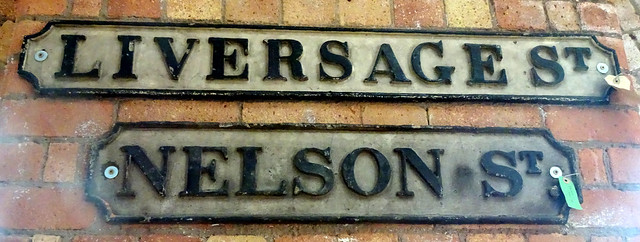Aluminium Alloy Plate: Manufacturing, Features, Advantages, Usage and Selection
Introduction:
Aluminium alloy plates are widely used in various indust Round Steel ries due to their superior characteristics and versatility. This article will discuss the manufacturing process, features, advantages, usage methods, tips for selecting aluminium alloy plates, and a conc aluminium alloy plate luding note.
Manufacturing Process:
The production of aluminium alloy plates involves several steps. Firstly, high-quality raw materials such as Aluminum extrusion plate or Round Steel are selected. These materials are then melted down at high temperatures to form a molten metal. The molten metal is poured into molds or casted into desired shapes using advanced casting techniques. After solidification, the resulting semi-finished products undergo processes like hot rolling or cold working to obtain the final Aluminium alloy board or Aluminium alloy panel aluminium alloy plate .
Characteristics:
Aluminium alloy plates possess numerous noteworthy characteristics that make them highly desirable in various applications. They exhibit excellent corrosion resistance properties even under extreme weather conditio aluminium alloy plate ns. Additionally, these plates have outstanding mechanical strength and can withstand heavy loads without deformation. Moreover, they have good electrical conductivity which enables efficient heat dissipation.
Advantages:
One of the significant advantages of aluminium alloy plates is their lightweight nature combined with high durability. This makes them ideal for applications where weight reduction is crucial without compromising on structural integrity. Furthermore,fabrication of these plates is relatively easy as they Round Steel respond well to various fabrication techniques such as welding and forming processes.This allows manufacturers to produce complex structures with ease.
Usage Methods:
Aluminium Alloy Plates fi Aluminium alloy board nd extensive utilization across different sectors due to their exceptional qualities.They are frequently employed in the aerospace industry for constructing aircraft frames,due to its low density contributing towards improved fuel efficiency.Plates made from this material also play an integral role in automotive manufacturing as they contribute towards enhanced vehicle performance.Furthermore,the construction industry utilizes these plates for cladding facades.Similarly,the marine sector Aluminium alloy panel benefits from their corrosion-resistant properties while building ships.
Tips for Selecting Aluminium Alloy Plates:
When selecting aluminium alloy plates, it is essential to consider the specific requirements of your application. Start by determining the desired strength and toughness needed for your project. Additionally, assess factors like corrosion resistance and temperature stability to en

sure compatibility with the operating conditions. Finally, aluminium alloy plate consider the plate’s dimensions, surface finish, and certification standards according to industry regulations.
Conclusion:
Aluminium alloy plates offer excellent mechanical properties, corrosion resistance, lightweight nature,and ease of fabrication. These features make them an ideal choice across a wide range of industries including aerospace, automotive,and construction sectors.The versatility of aluminium alloy plates makes them stand out as a reliable material option in today’s mar Aluminum extrusion plate ket.
Overall,the distinctive manufacturing process combined with their numerous advantages makes aluminium alloys a vital component that serves various applications efficiently.
